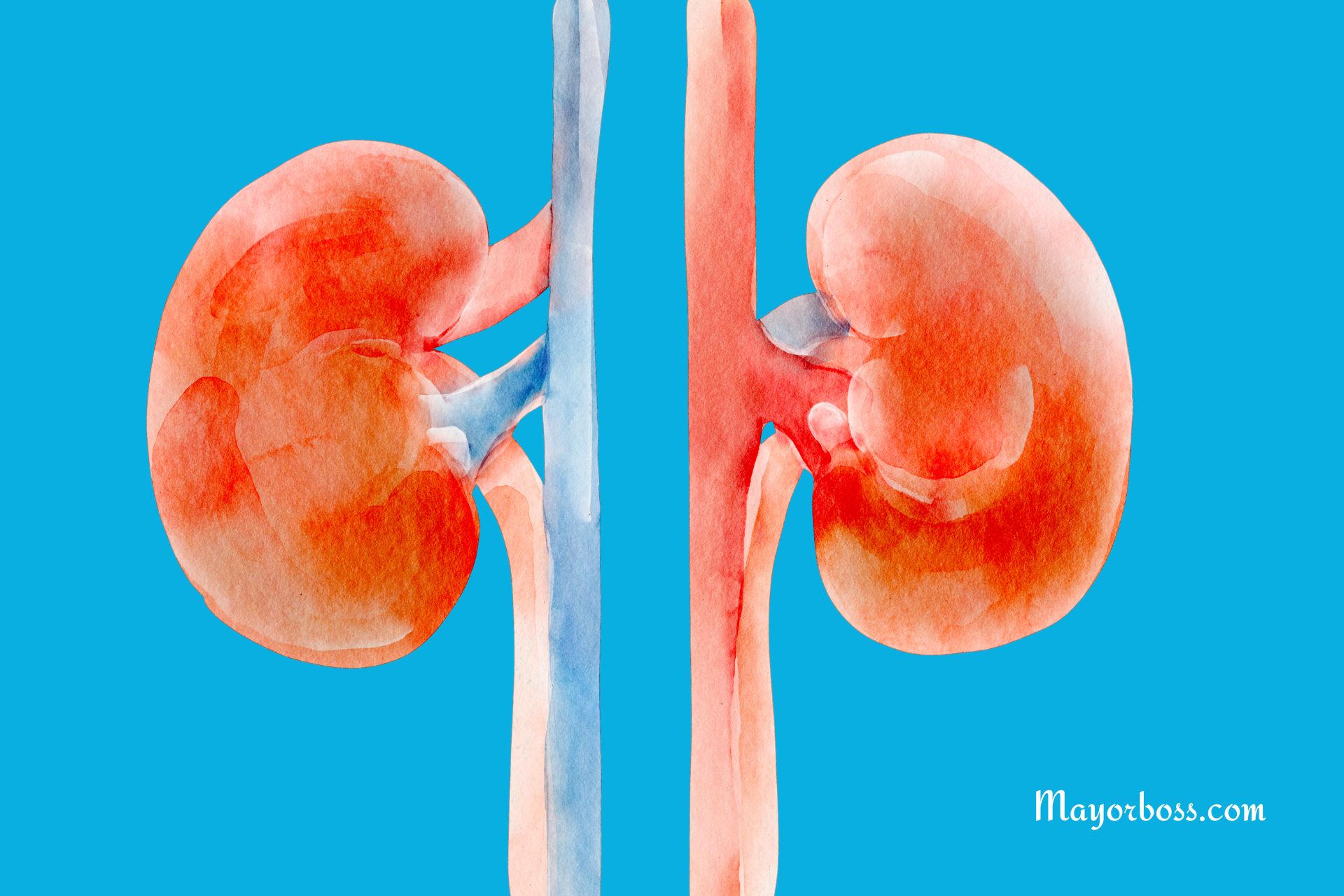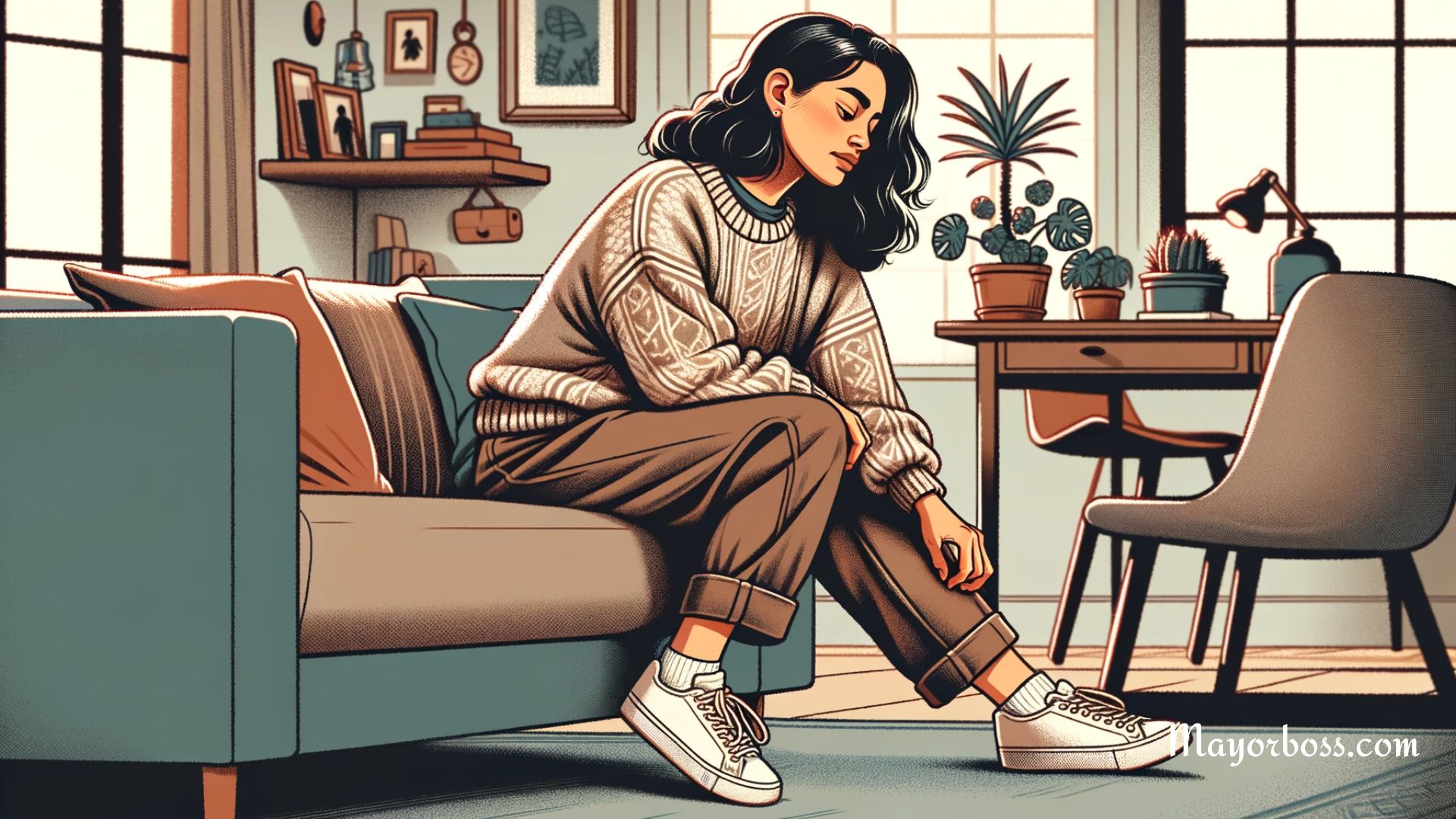6 Warning Signs of Kidney Damage That Appears At Night
Your kidneys are very important for keeping your body healthy. They clean your blood and help balance fluids in your body. When kidneys are damaged, some signs may show up at night. Learning about these signs can help you get medical care early and slow down any further damage.

1. Waking Up Often to Urinate
One common sign of kidney damage is waking up several times at night to go to the bathroom. This is called nocturia. When your kidneys work well, they make strong, concentrated urine at night, so you do not need to wake up. If your kidneys are not working right, they may not make enough concentrated urine. This means you produce more urine and have to wake up more often.
2. Changes in the Look of Your Urine
Another sign is when you see changes in your urine at night. Normally, urine is light yellow. When there is kidney damage, urine might become darker or cloudy. Sometimes, blood can be found in the urine. This is called hematuria, and it is a sign that something is wrong with the kidneys.
3. Swelling in the Legs, Ankles, or Face
Kidneys help manage the amount of salt and water in your body. When the kidneys are damaged, extra fluid can build up. This can cause swelling in places like your legs, ankles, or around your eyes. This swelling may be more noticeable at night when you are lying down or resting.
Swelling that does not go away may mean that your kidneys are not cleaning your blood well. If you notice swelling, tell your doctor right away.
4. High Blood Pressure at Night
High blood pressure is when the force of blood against the walls of your blood vessels is too high. The kidneys help control blood pressure by balancing fluids and salts. When they are damaged, blood pressure can rise. Sometimes, this high blood pressure is seen more clearly at night and may disturb your sleep.
5. Pain in Your Back or Sides
Pain in your back or sides, especially at night, can be a sign of kidney problems. Your kidneys are located in the lower back area. When they are inflamed or injured, you may feel pain in these areas. This pain might be worse at night when you are lying down.
If you have back or side pain that does not go away, it is important to see a doctor. Your doctor may use imaging tests, like an ultrasound, to look at your kidneys. Finding problems early can help you get the right treatment.
6. Feeling Very Tired and Weak
Feeling tired or weak at night might be another sign of kidney damage. Healthy kidneys produce a hormone called erythropoietin. This hormone helps your body make red blood cells, which carry oxygen to all parts of your body. When your kidneys are not working well, they may not make enough of this hormone. This can lead to a condition called anemia, which makes you feel very tired and weak.
What to Do If You Notice These Signs
If you see any of these warning signs at night, take these steps:
- Keep a Record: Write down what symptoms you see. Note how many times you wake up at night, changes in your urine, any swelling, and if you feel tired or have pain.
- Talk to Your Doctor: Share your symptoms with your doctor. Early tests, like blood and urine tests or imaging, can help check your kidney function.
- Follow Medical Advice: If tests show kidney damage, your doctor will guide you on how to slow the damage. This might include changes in your diet, medications, or other treatments.
How to Protect Your Kidneys
You can help keep your kidneys healthy by making some simple changes in your daily routine:
- Drink Enough Water: Staying well-hydrated helps your kidneys do their job of cleaning your blood.
- Eat a Healthy Diet: Choose foods that are low in salt and rich in fruits and vegetables. This helps keep your blood pressure under control.
- Exercise Regularly: Regular exercise helps keep your blood pressure and weight in check.
- Avoid Smoking and Limit Alcohol: Both smoking and too much alcohol can harm your kidneys.
- Manage Chronic Conditions: If you have conditions like diabetes or high blood pressure, work with your doctor to keep them under control.






